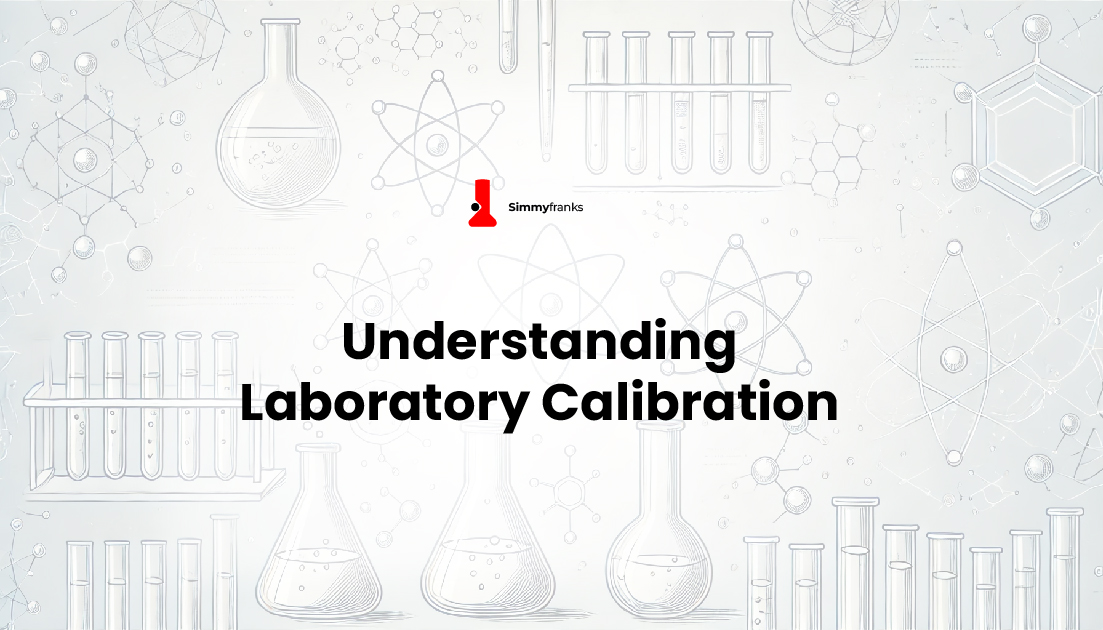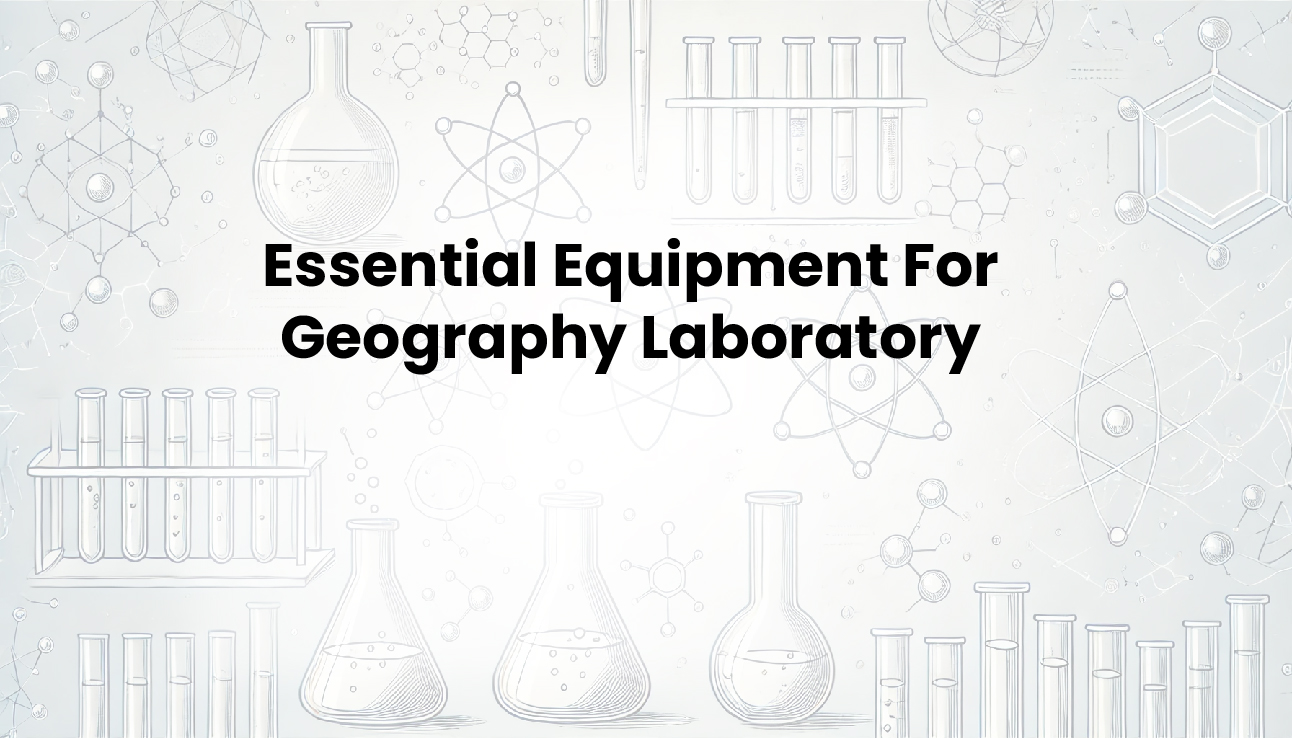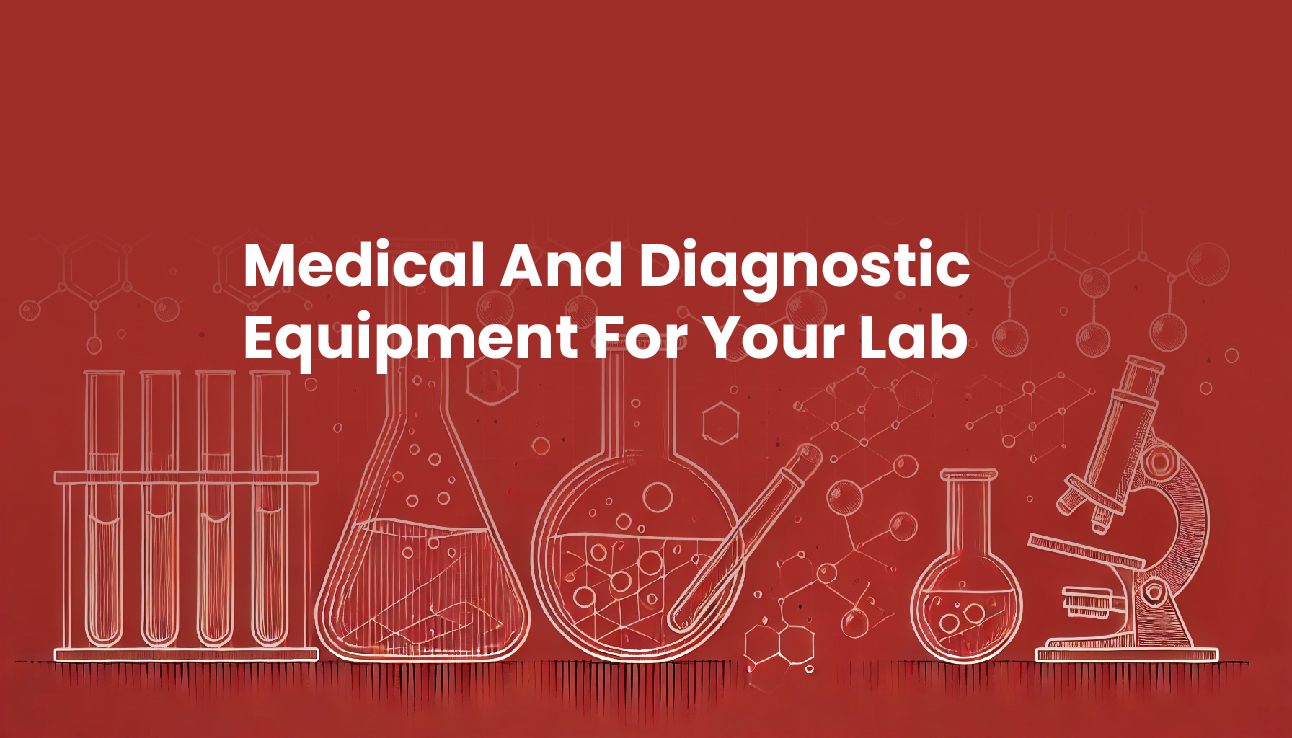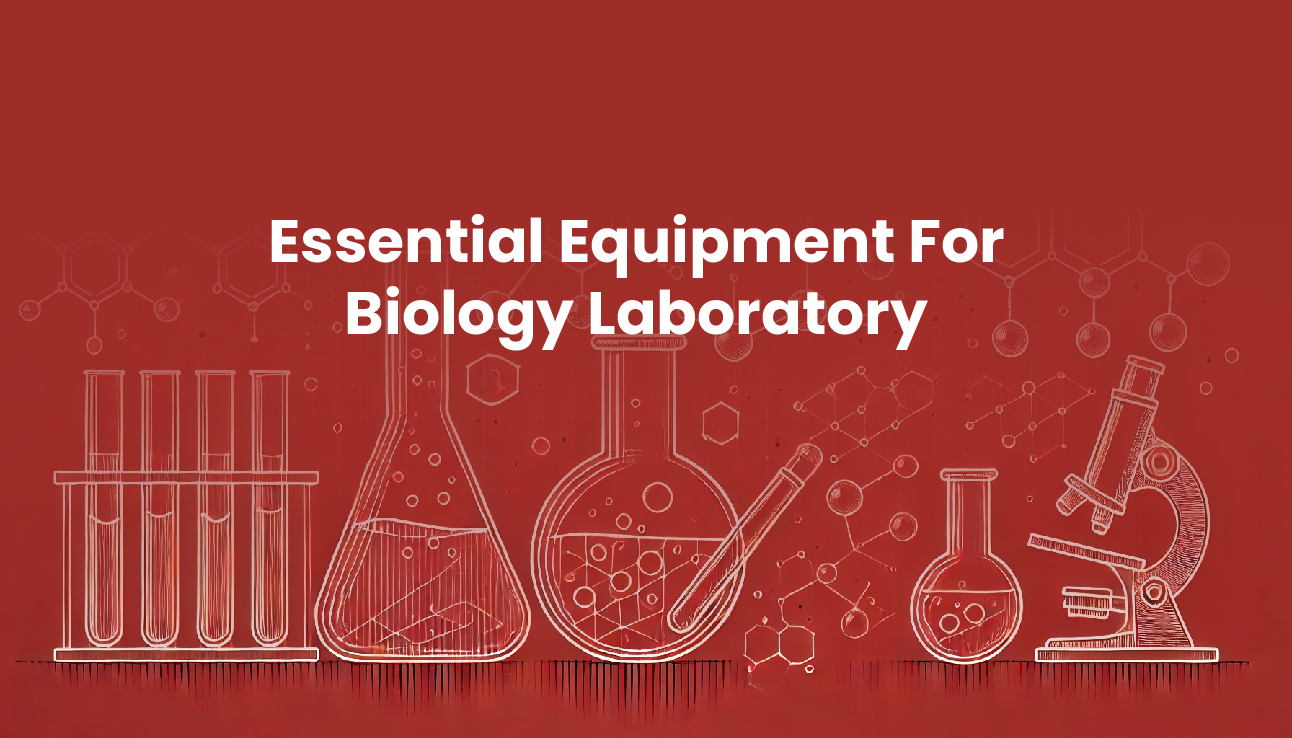In Nigeria, the purchase of laboratory equipment is governed by certain requirements to ensure that the equipment meets the necessary standards and specifications. These requirements are put in place to ensure that equipment is of high quality, safe to use, and meets the needs of The Laboratory.
This article aims to provide details on the requirements needed to purchase laboratory equipment in Nigeria.
Requirements For Purchasing Laboratory Equipment In Nigeria
1. Regulations and standards
One of the key requirements for purchasing laboratory equipment in Nigeria is to ensure that the equipment meets the necessary standards and regulations set by regulatory bodies such as the Standard Organization of Nigeria (SON), Food and Drug Administration (FDA), International Organization for Standardisation (ISO), International Electrotechnical Commission (IEC), and the National Agency for Food and Drug Administration and Control (NAFDAC). These bodies set standards for the quality and safety of laboratory equipment to ensure that they meet the requirements for use in scientific research and educational institutions.
2. Budget consideration
When purchasing laboratory equipment, budget consideration is a critical factor that cannot be overlooked. Laboratories in Nigeria often have limited financial resources making it essential to optimize budget allocation.
Here are some budget consideration tips:
- Define your needs
- Set budget
- Research options
- Prioritize durability
- Seek expert advice
- Plan for future needs
3. Supplier selection
The third important requirement for purchasing laboratory equipment in Nigeria is to ensure that laboratory equipment is sourced from reputable suppliers and manufacturers. It is important to purchase equipment from suppliers who have a good track record of providing high-quality equipment that meets the necessary standards. This helps to ensure that the equipment is liable and durable and that it will perform well in the laboratory setting.
4. Equipment selection
It is important to consider the specific needs of the Laboratory when purchasing equipment. Different laboratories have different requirements for equipment depending on the type of research or experiment being conducted. It is important to consider factors such as the size of the Laboratory, the type of experiment being conducted, and the budget available for purchasing equipment. This will help you to ensure that the equipment purchased meets the specific needs of the Laboratory and will be able to perform the necessary function effectively.
Commonly purchased laboratory equipment includes:
- Microscope
- Centrifuge
- Incubator
- Glasswares
- Hot plate stirrer and so on.
5. Maintenance and support
Laboratory equipment requires regular maintenance and support to ensure optimal performance, accuracy, and longevity. In Nigeria, maintenance and support are crucial due to the country’s challenging environment and limited resources.
Support services offered by suppliers in Nigeria:
- Installation and validation of equipment to ensure proper functioning and accuracy.
- End-users receive training on equipment operation, maintenance, and troubleshooting.
- Warranty and after-sales support.
- Technical support.
- Preventive maintenance to help prevent equipment breakdowns and prolong lifespan.
- Product demonstration and trials to ensure equipment meets customer needs.
Get Your Laboratory Equipment From SimmyFranks
SimmyFranks offers a wide range of high-quality laboratory equipment to meet your scientific needs. At SimmyFranks, we understand the importance of reliable and accurate laboratory equipment. Our team of experts is dedicated to providing you with the best equipment and support to ensure your laboratory runs smoothly and efficiently.
Contact SimmyFranks today to discuss your laboratory needs and let us be your trusted partner in scientific excellence.
Laboratory Equipment Purchase Requirements In Nigeria: FAQ
1. What are the regulations governing the purchase of laboratory equipment in Nigeria?
In Nigeria, the National Agency for Food and Drug Administration and Control (NAFDAC) is the regulatory body responsible for ensuring the safety and quality of laboratory equipment. All laboratory equipment must meet the standards set by NAFDAC to be approved for use in Nigeria.
2. What are the key factors to consider when purchasing laboratory equipment in Nigeria?
When purchasing laboratory equipment in Nigeria, it is important to consider factors such as the quality and reliability of the equipment, the availability of spare parts and technical support, and the cost of maintenance and repairs. It is also important to ensure that the equipment meets the specific requirements of the laboratory and is compatible with other equipment and instruments.
3. Are there any specific certifications or approvals required for laboratory equipment in Nigeria?
In Nigeria, laboratory equipment must be certified by NAFDAC before it can be used in a laboratory. This certification ensures that the equipment meets the necessary safety and quality standards. Additionally, some equipment may require specific approvals from other regulatory bodies depending on the nature of the research or testing being conducted.
4. What are the common challenges faced when purchasing laboratory equipment in Nigeria?
One of the common challenges faced when purchasing laboratory equipment in Nigeria is the availability of high-quality equipment at affordable prices. Many laboratories in Nigeria struggle to find equipment that meets their requirements within their budget constraints. Additionally, the lack of technical expertise and support can also be a challenge when purchasing and maintaining laboratory equipment.
5. How can I ensure that the laboratory equipment I purchase meets the requirements in Nigeria?
To ensure that the laboratory equipment you purchase meets the requirements in Nigeria, it is important to work with reputable suppliers and manufacturers who have a track record of providing high-quality equipment. It is also advisable to conduct thorough research and due diligence before purchasing to ensure that the equipment meets the specific needs of your laboratory.





